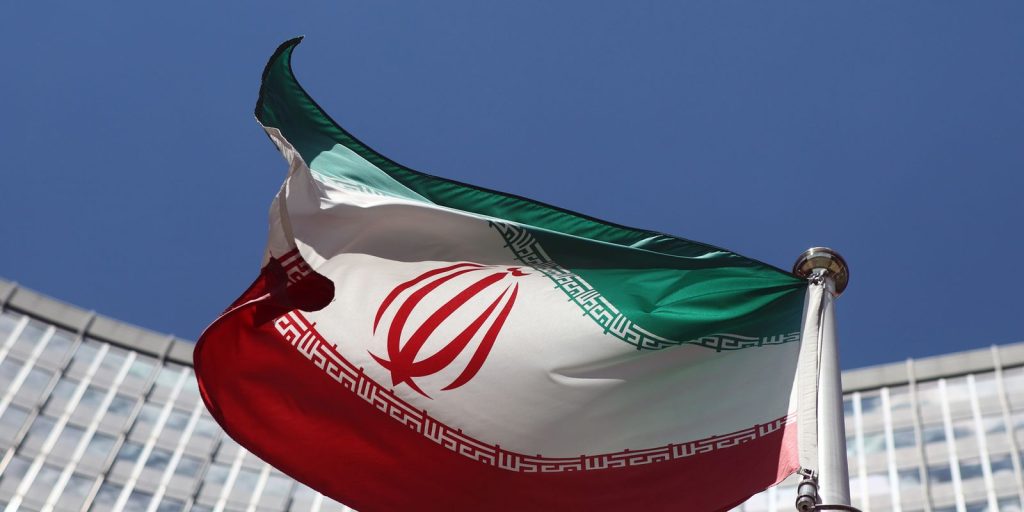Carlos Hernán Rodríguez, the Comptroller General of the Republic, assured that What Colombia’s economy needs is a structural and non-fiscal tax reform. This was stated in an interview with Yamid Amat for the newspaper EL TIEMPO.
His idea was born in response to the financing law (tax reform) that the National Government, headed by the Ministry of Finance, presented to the Congress of the Republic. With this project, the Petro administration seeks to raise 12 billion pesos.
(See: Financing law: what is true and what is a lie about the project, according to the Government).
For Comptroller Rodríguez, a structural tax “It would allow for a robust and modern tax system that strengthens collection, allowing autonomous and adequate financing of public spending.“.
The official explained that His proposal would have as its main objective the solution of factors that threaten stability and “continuity in the collection of taxes, such as the complexity of the tax statute, the multiplicity of taxes and levies, the cumbersome administrative procedures, among others“, and not increase the collection, “even though in practice it increases it in some taxes, but in others it can reduce them“.
(See: Unions warn of serious risks due to the financing law).
Thanks to this, he stated, Fiscalist tax reforms could be avoided in the short term.
Asked what fiscal reforms mean in the short term, he argued that “A short-term fiscal reform would mean an adjustment in rates, tax discounts or the creation of other taxes, the collection of which may not be so significant, the objective of which is to quickly increase the collection to finance budgetary expenses in the next term, but without resolving the problems of the underlying tax system that we have mentioned, such as the complexity of the statute, the progressivity of taxes, the benefit structure, among others. The problem with these frequent tax reforms is that their positive effects on collection are exhausted or stabilized in one or two terms and the Colombian State once again presents needs for resources, with which another bill is discussed and approved in two years. tax reform“.
He also gave his opinion on the management that should be taken regarding the deficits facing the country, among those who stood out the economic, the budgetary and the equity, inter alia.
(See: Petro Government will insist on tax changes with or without financing law).
“Regarding the budget deficit, it is prudent to highlight two factors: on the one hand, the formulation of a true structural tax reform that would allow for a robust and modern tax system that strengthens collection, allowing autonomous and adequate financing of public spending; With this we could avoid fiscal tax reforms in the short term. On the other hand, it is necessary to strengthen the processes of execution of State spending in such a way that the investment projects reach their completion and contribute, through their multiplier effects, to greater growth of the economy, which positively affects the collection in the medium and long term“he commented.
Carlos Hernán Rodríguez, Comptroller General of the Republic.
energy problems
Comptroller Rodríguez asserted that there are various critical energy aspects that Colombia faces and that there is concern about the impact of this situation on the national economy.
“On the one hand, there is self-sufficiency in oil and gas, which, in a horizon of 6 to 7 years, can be exhausted if everything remains the same. Since importation is possible, there is concern about the loss of self-sufficiency in gas that will necessarily lead us to import it, with the consequent increase in internal prices and a loss of energy sovereignty, plus a negative economic impact on the pockets of Colombians.“, he analyzed.
(See: Risks that JP Morgan sees in Colombia and for which Petro accused him of cornering the country).
About gasoline, ACPM and Jet, warned that there is no reliable strategic storage infrastructure. “Incidents in the supply chain, refining operation outages or problems at import ports can effectively lead to temporary shortages in a short time. The country has already lost or is very close to losing its self-sufficiency in these fuels and there are no important refining projects in the future, which forces us to depend more and more on imported products that are more expensive.“he added.
(See: The Colombian economy would be in a new phase of growth, they affirm from Asobancaria).
Finally, he said that gas import is “absolutely mandatory“, and explained that “We have already been importing since 2016, if that were not the case we would not have gas for thermal plants. Additionally, we must increase imports given the growth in demand and the decline in production fields. Ecopetrol itself must use its gas for self-generation and for its production. These are reasons, among others, why the Comptroller General’s Office issues a warning so that, regarding these points, it should design and execute what it is responsible for to avoid patrimonial damage to the country.“.

Gas in Colombia.
PORTFOLIO
















